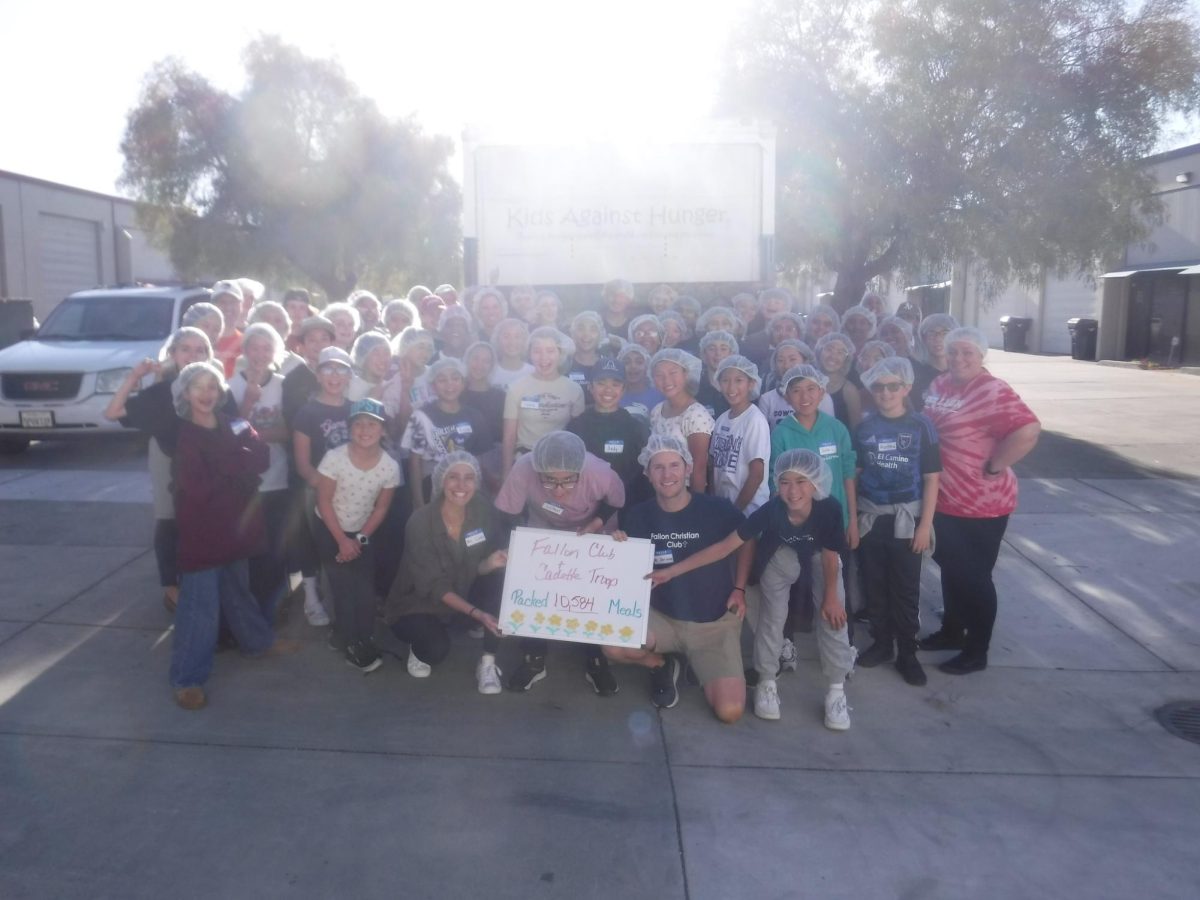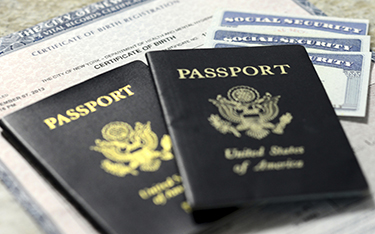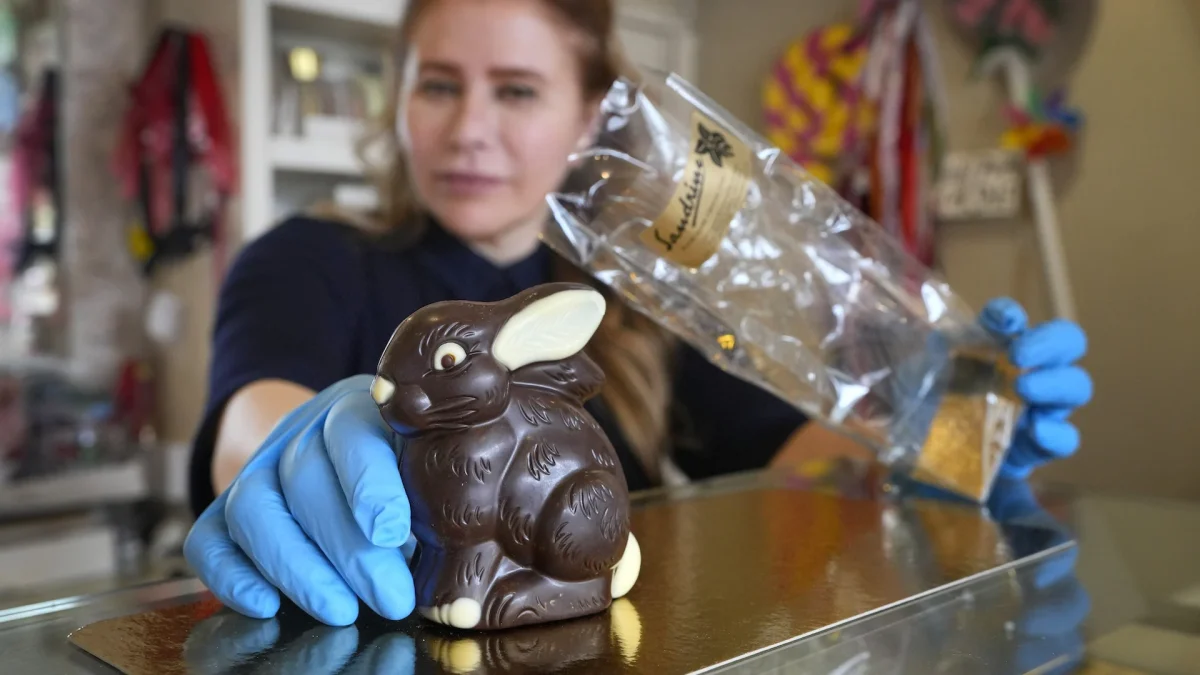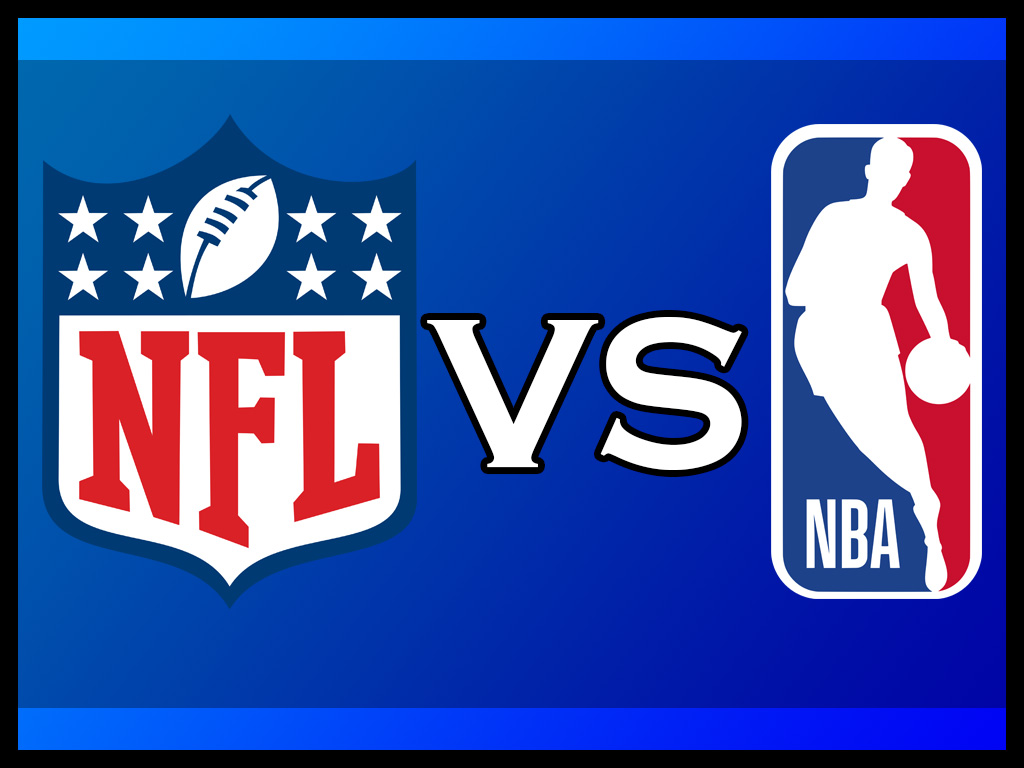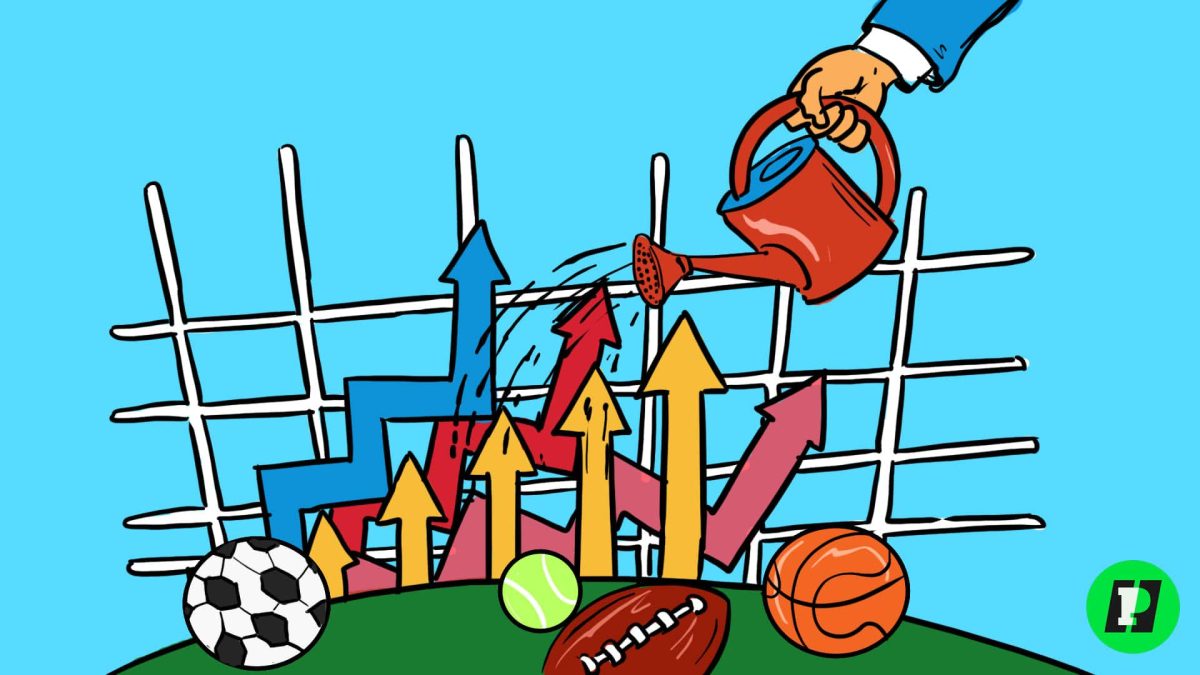Trader Joe’s has long been labeled as a quant neighborhood store. However, not everything can be perfect all the time. Trader Joe’s still possesses risks and dangers, just as any other store would. Many stores and restaurants have faced risks of food diseases. One of the more common diseases, salmonella, is a disease where bacteria groups up in the intestine and causes food poisoning. It is highly injurious to those who are infected with the disease.
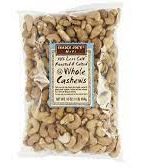 Unfortunately, Trader Joe’s has been pressed with the burden of contamination. On March 18, 2024, cashews at Trader Joe’s were recalled for a potential risk of salmonella. The FDA (Food and Drug Administration) was alerted to a contamination report and conducted tests. They eventually came to the conclusion of salmonella in cashews. So, Trader Joe’s recalled packages of cashews by the order of the FDA.
Unfortunately, Trader Joe’s has been pressed with the burden of contamination. On March 18, 2024, cashews at Trader Joe’s were recalled for a potential risk of salmonella. The FDA (Food and Drug Administration) was alerted to a contamination report and conducted tests. They eventually came to the conclusion of salmonella in cashews. So, Trader Joe’s recalled packages of cashews by the order of the FDA.
The brand of cashews that had to be recalled was the “50% Less Sodium Roasted & Salted Whole Cashews”. This revelation has prompted widespread alarm and called for immediate action to address the health risks associated with this popular snack.
To start off, salmonella is a bacteria known to cause foodborne illness, leading to symptoms like nausea, vomiting, diarrhea, and abdominal cramps. In the United States, there are approximately 40,000 cases of salmonella per year. It is a group of bacteria usually transmitted to humans by eating foods contaminated with animal feces. It can also be spread to humans because of food handlers’ unsanitary habits of not washing hands or not washing their utensils. Salmonella mainly occurs in raw or undercooked foods. Health officials have warned for years that salmonella infections can pose grave risks to vulnerable populations, including young children, the elderly, and individuals with compromised immune systems.
The product was sold in 16 United States states, including most of the West Coast and some of the central states. However, the FDA reports that no illnesses have been reported in relation to the contaminated cashews.
Trader Joe’s also issued a statement regarding the unfortunate incident. “Nothing is more important than the health and safety of our customers and crew members,” a Trader Joe’s representative said in an email, adding that when a product doesn’t meet TJ’s “stringent food safety expectations,” the company swiftly recalls it.
One way to identify if your cashews have been contaminated is to check the numbers on the back of the packaging. If the numbers below are on your product, contact the establishment from which you bought it and return it immediately.
T12139 – Feb. 21, 2025
T12140 – Mar 1, 2025
T12141 – Mar 8, 2025
T12142 – Mar 10, 2025
Diseases are an unlucky part of life. However, every dark cloud has a silver lining. This incident allows for more cautious endeavors in the food industry and awareness for our own bodies. Just as a cold will go away with proper care, we can also be aware of our health. This incident is an important reminder to maintain sanitary habits, such as washing your hands. After the long years of COVID-19, it is well agreed upon that simple actions can save your life.
Sources
Trader Joe’s recalls cashews potentially contaminated with salmonella
Trader Joe’s nut recall: Select lots of cashews recalled for potential salmonella risk



